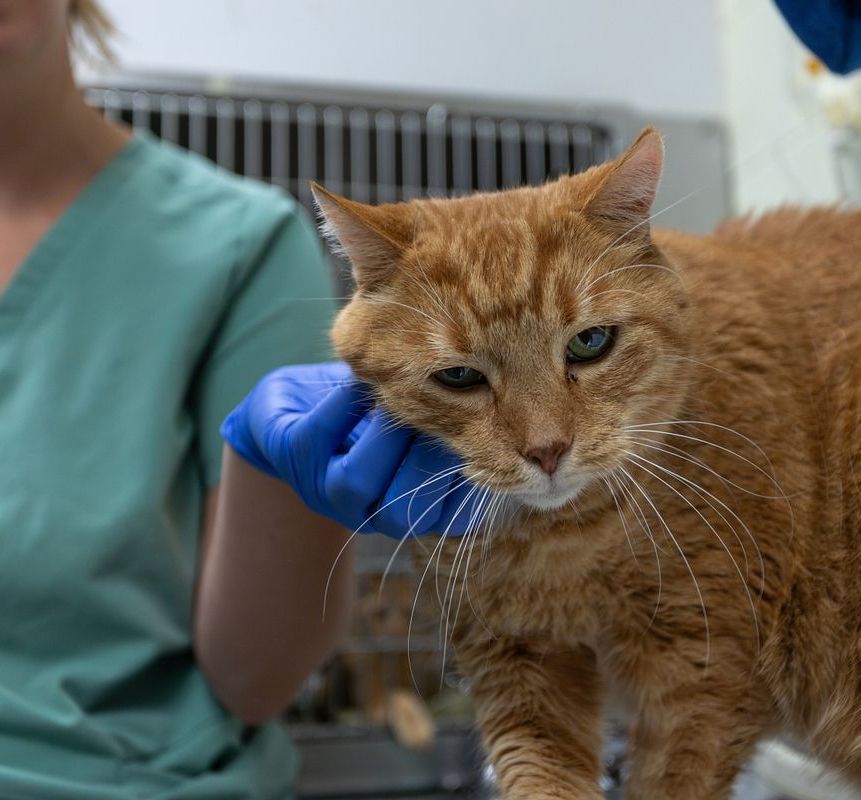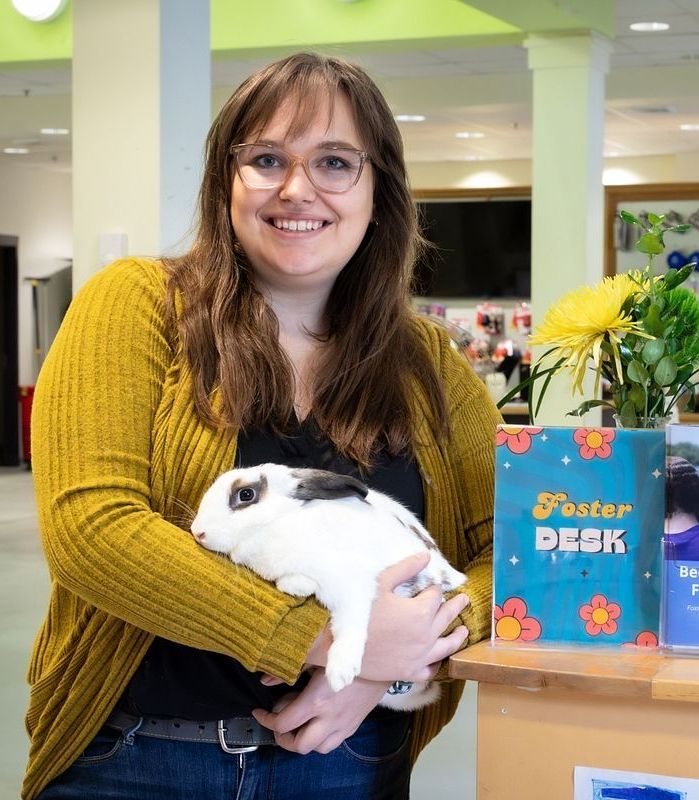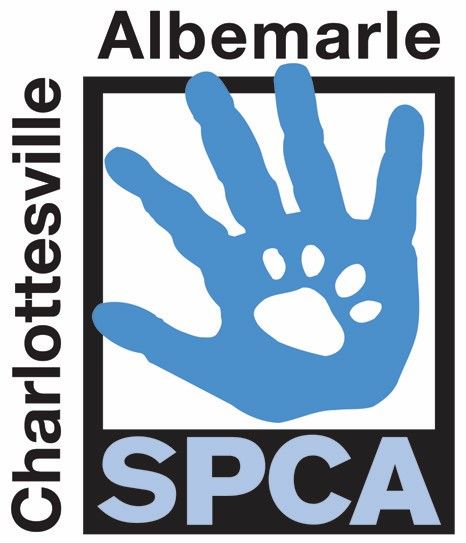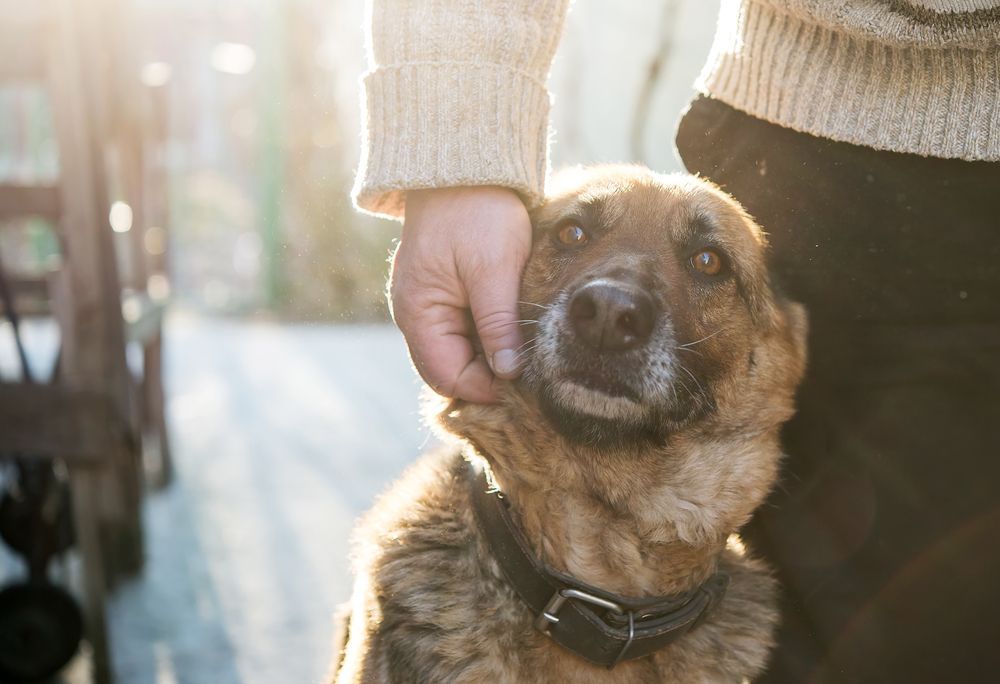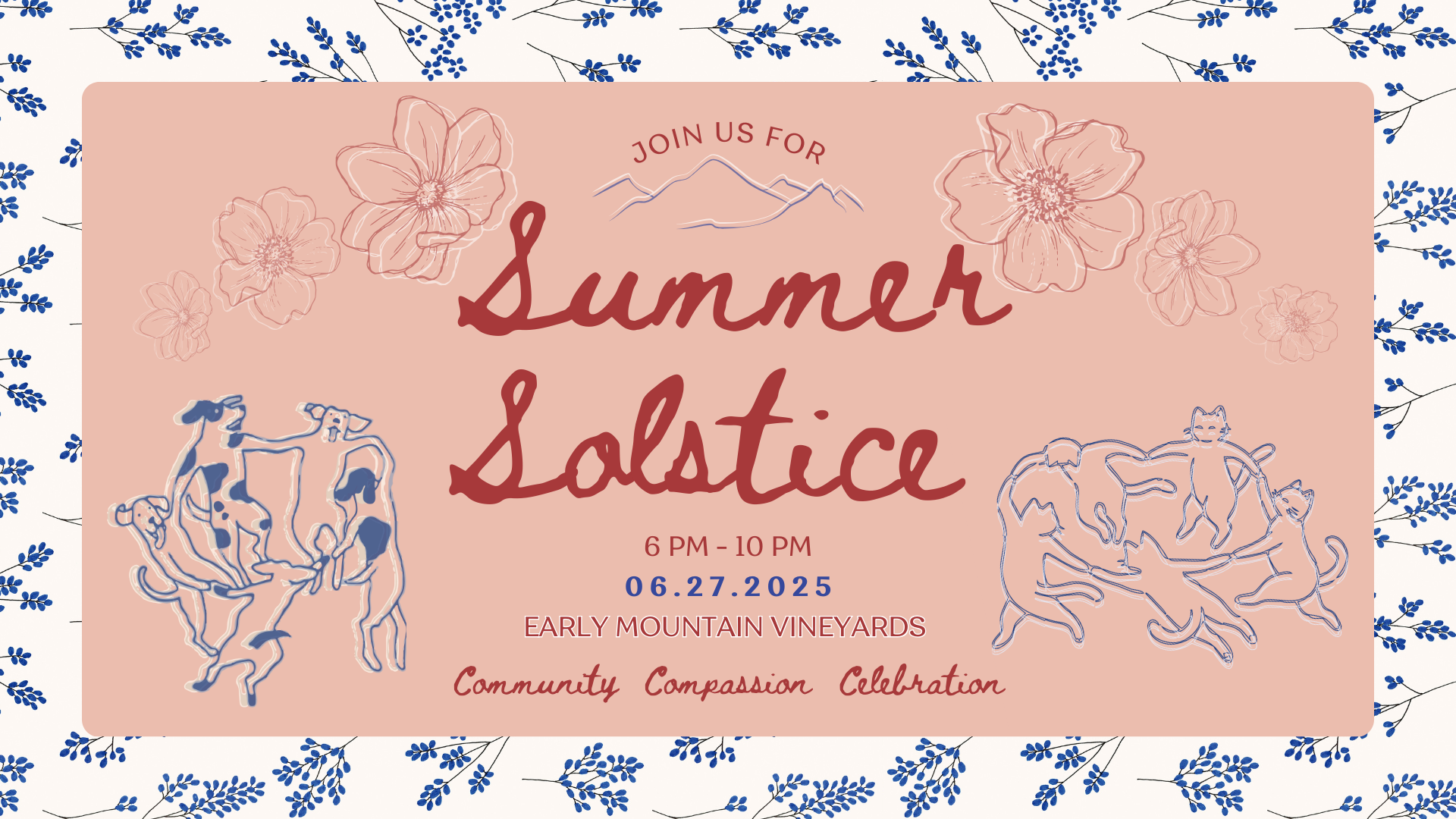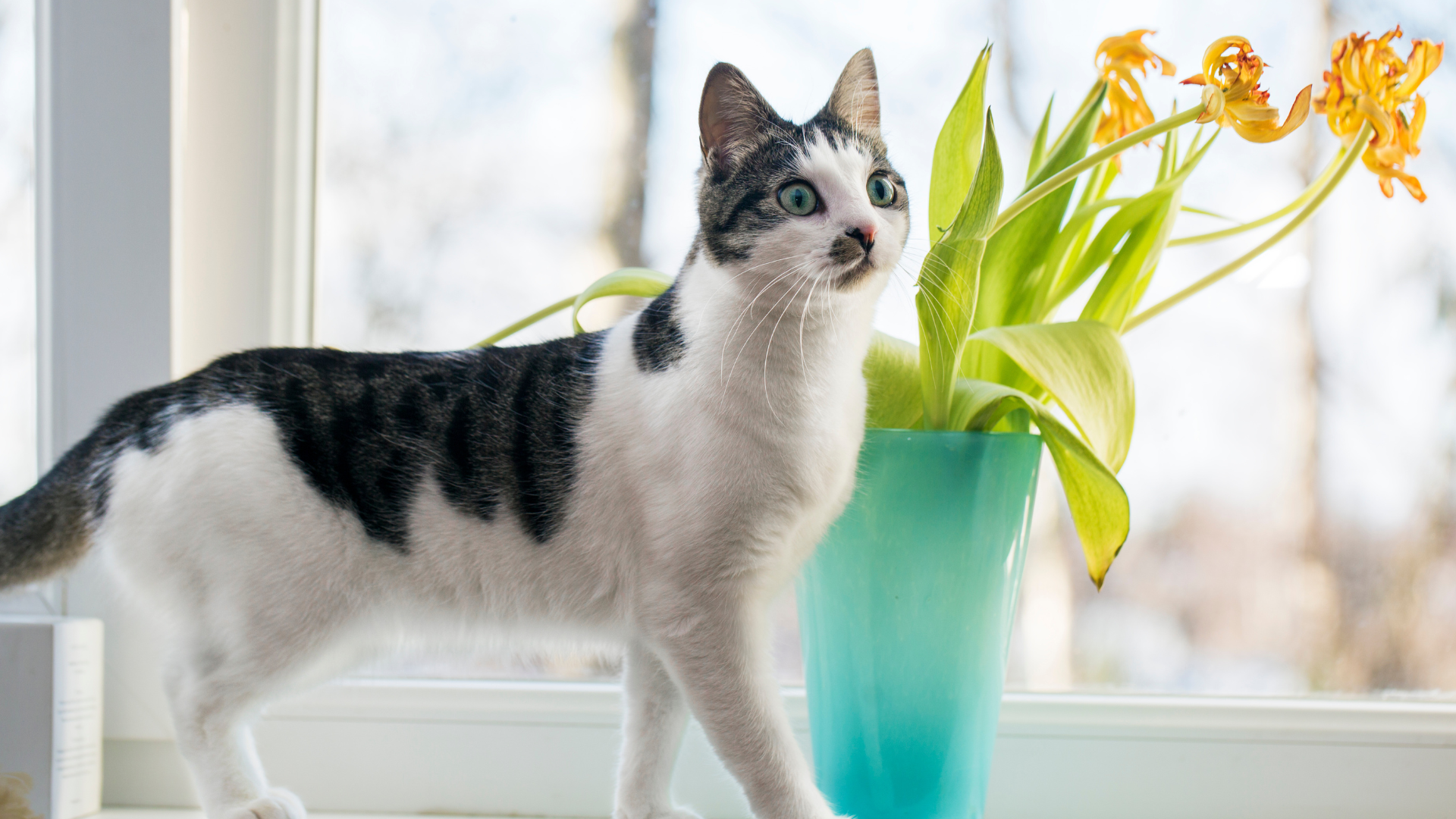Article
Rethinking Adoption Returns
"If adoption returns are inevitable, why not think of them as neutral, or even positive?"
After busy adoption seasons or events, many people will ask where all the cats have gone, or exclaim that we used to have so many dogs. With a big smile, I’ll explain that all these animals have found homes. Their response, however, is often very different from what I expect. From seasoned staff and volunteers to folks visiting the shelter for the very first time, many people respond with a variation of the same idea:
“Ugh. I bet a lot of them will be returned.”
There’s no doubt that returns are disappointing for everyone involved. Believing that an animal has gone to a forever home, only to see them return to a kennel again brings up lots of strong emotions. These emotional situations also have the potential to produce conflict – between adopters, volunteers, and staff.
Returns often cannot be avoided. Think of it like dating, first date is amazing, second date you learn more and by the third date you know it’s just not right. Doesn’t make either of you a bad person or wrong, it’s just not a good fit. Adopters may find their new cat is terrified of their resident dog, even when they’ve followed recommended acclimation strategies. The most experienced adoptions counselors will see pets returned because the animal has developed a behavior that isn’t conducive to their home environment. There are many unknowns that can cause a pet to be returned. Ultimately, sometimes things just don’t work out.
So, if adoption returns are inevitable, why not think of them as neutral, or even positive? When an animal is returned to the shelter, we all gain valuable information. Staff and volunteers learn more about the animal and the adopter, allowing for a more successful match in the future. The adopter also learns more about their own needs and will be more selective when choosing their next pet.
Putting a positive spin on returns also strengthens the relationship between staff, volunteers, and the community. Adopters already feel disappointed when facing the decision to return an animal. When we offer empathy rather than blame, everyone feels relieved and ready to move forward.
So, let’s view adoption returns as “fosters,” rather than failures… The pet gets a shelter break, we gain knowledge, and we’re set up to make even better matches in the future. With this new mindset, returns aren’t so bad after all.
share this
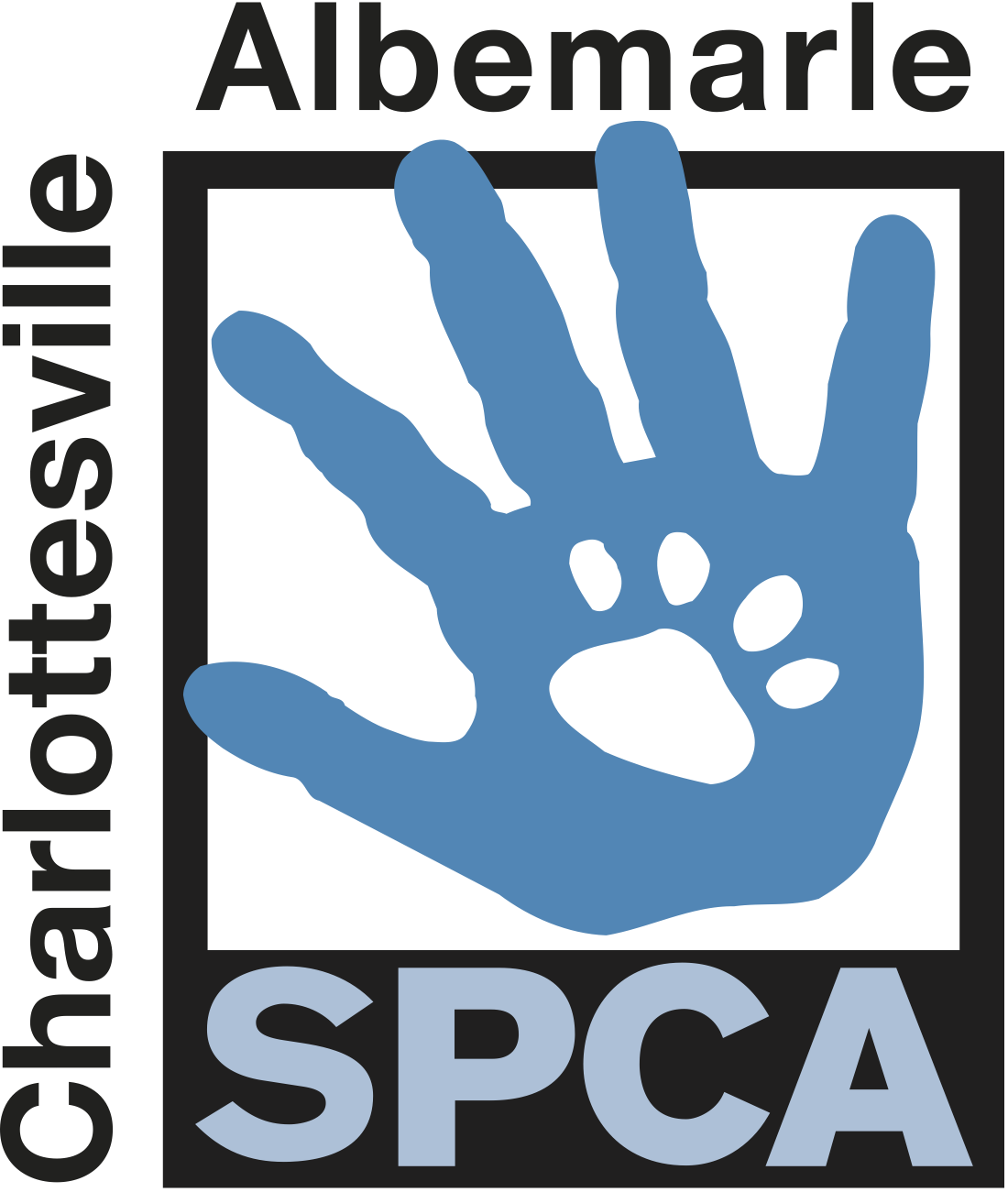
The Charlottesville-Albemarle SPCA is a non-profit animal shelter and community resource center located at 3355 Berkmar Drive in Charlottesville, Virginia. Established in 1914, CASPCA is proud to have served our community and their animals for over 100 years.
Related Articles
Related Articles
STAY UP TO DATE
GET CASPCA'S LATEST
Receive updates, success stories, and get a heads up on upcoming events!
Contact Us
